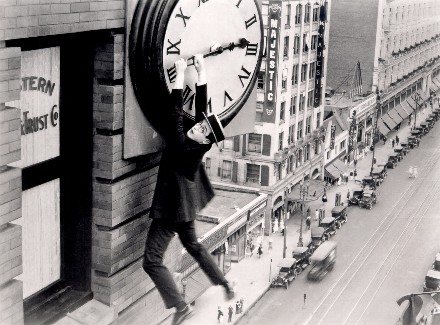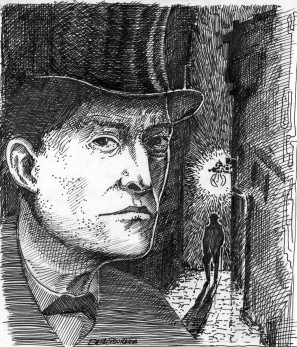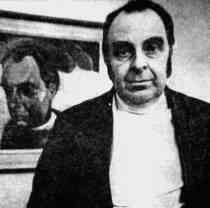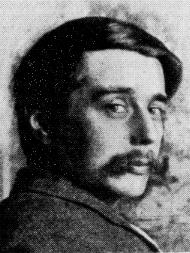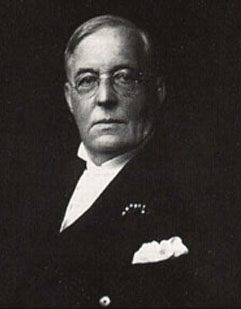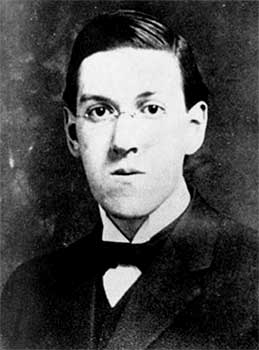
Why 106? Why not 100, or 99? Anyway, some American chappie has produced a list of books most often marked 'unread' by LibraryThing's users. No, I don't know what LibraryThing is, but it sounds a bit like a monster, possibly the more erudite cousin of Swamp Thing. Anyway, here's the list and my 'score'. One I've read are marked *. N = Never heard of this book. C = Couldn't finish it. My tastes seem rather parochial.
Jonathan Strange & Mr Norrell
Anna Karenina*
Crime and Punishment*
Catch-22*
One hundred years of solitude
Wuthering Heights*
The Silmarillion
Life of Pi : a novel
The Name of the Rose*
Don Quixote
Moby Dick*
Ulysses*
Madame Bovary*
The Odyssey
Pride and Prejudice*
Jane Eyre
A Tale of Two Cities*
The Brothers Karamazov
Guns, Germs, and Steel: the fates of human societies
War and peace
Vanity fair
The time traveler’s wife
The Iliad
Emma*
The Blind Assassin
The kite runner
Mrs. Dalloway
Great expectations*
American gods
A heartbreaking work of staggering genius
Atlas shrugged
Reading Lolita in Tehran : a memoir in books N
Memoirs of a Geisha
Middlesex N
Quicksilver N
Wicked : the life and times of the wicked witch of the West N (isn't this just a novelised musical?)
The Canterbury tales C
The historian : a novel N
A portrait of the artist as a young man*
Love in the time of cholera
Brave new world*
The Fountainhead
Foucault’s pendulum*
Middlemarch
Frankenstein*
The Count of Monte Cristo*
Dracula*
A clockwork orange*
Anansi boys
The once and future king
The grapes of wrath*
The Poisonwood Bible : a novel N
1984*
Angels & demons N
The inferno C
The satanic verses C
Sense and sensibility*
The picture of Dorian Gray*
Mansfield Park*
One flew over the cuckoo’s nest
To the lighthouse*
Tess of the D’Urbervilles*
Oliver Twist*
Gulliver’s travels*
Les misérables
The corrections
The amazing adventures of Kavalier and Clay N
The curious incident of the dog in the night-time*
Dune*
The prince*
The sound and the fury
Angela’s ashes : a memoir
The god of small things
A people’s history of the United States : 1492-present N
Cryptonomicon N
Neverwhere
A confederacy of dunces
A short history of nearly everything
Dubliners*
The unbearable lightness of being
Beloved
Slaughterhouse-five*
The Scarlet Letter*
Eats, Shoots & Leaves*
The Mists of Avalon
Oryx and Crake : a novel*
Collapse : how societies choose to fail or succeed
Cloud atlas
The confusion N
Lolita*
Persuasion*
Northanger abbey*
The catcher in the rye
On the road
The hunchback of Notre Dame
Freakonomics : a rogue economist explores the hidden side of everything
Zen and the art of motorcycle maintenance : an inquiry into values*
The Aeneid
Watership Down
Gravity’s rainbow
The Hobbit*
In cold blood : a true account of a multiple murder and its consequences
White teeth
Treasure Island*
David Copperfield*
The Three Musketeers




